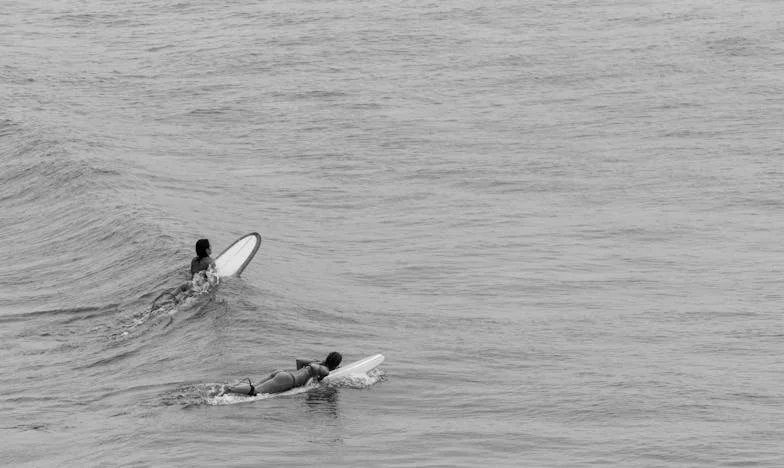The Vacation That Turned Me Into the Family Outcast
For the first time in eight years, I, Bailey, decided it was time to take a break. I had been working non-stop, pouring every ounce of my energy and time into paying off my student loans and saving for a house. My friends often joked that I was more machine than human, always working, never taking a day off. But their jokes hid a kernel of truth. I had sacrificed a lot, including precious moments and milestones, to ensure financial stability. My family, especially my parents, Nancy and Steven, and my siblings, Brooke and Adrian, were proud of my accomplishments but often expressed concern over my workaholic tendencies.
When I announced that I was finally taking a vacation, everyone was thrilled—initially. The excitement quickly turned into a barrage of suggestions and expectations. Nancy envisioned a family retreat, a time for us to bond and make up for all the missed occasions. Steven suggested an educational tour across historical sites, believing it to be the perfect blend of relaxation and enrichment. Brooke and Adrian, ever the adventurers, proposed an extreme sports holiday. Each had their vision, their plan for how I should spend my hard-earned break. But none asked what I wanted.
Feeling overwhelmed and somewhat cornered, I made a decision that would forever alter my relationship with my family. I chose solitude. I booked a small cabin in a remote location, far from the reach of cell service and the internet. I craved peace, quiet, and most importantly, freedom from others’ expectations. My announcement was met with disbelief, hurt, and anger. Accusations of selfishness and ingratitude were thrown my way. My family couldn’t understand my need for solitude, viewing it as a rejection of their love and company.
The two weeks I spent in that cabin were the most peaceful of my life. I reconnected with myself, rediscovered hobbies I had long forgotten, and simply enjoyed being. However, upon my return, I was met with a coldness that cut deeper than the chilliest winter night. My family’s hurt had turned into resentment. Conversations became strained, gatherings awkward. I had become the “black sheep,” the one who valued solitude over family.
Months have passed, and the rift has only deepened. My attempts at reconciliation have been met with polite indifference. I’ve come to realize that my decision, while necessary for my well-being, came at a significant cost. I am financially free, yes, but emotionally, I’ve never felt more indebted. The irony isn’t lost on me; in seeking freedom, I’ve caged myself in isolation.
